Court reinstates gender discrimination lawsuit in NY
NEW YORK (AP) — A creative director in the advertising industry who claimed his employer discriminated against him because he failed to conform to gender stereotypes can sue his employer, a federal appeals court said Monday.
The 2nd U.S. Circuit Court of Appeals in Manhattan reversed a lower court judge, reviving Matthew Christiansen’s lawsuit against Omnicom Group Inc. and drawing fresh scrutiny to the boundaries for defining gender discrimination claims in federal courts.
Christiansen’s lawsuit alleged he was discriminated against because he was HIV-positive and because he failed to conform to gender stereotypes. He had asserted he was harassed in part because he was perceived by his supervisor at DDB Worldwide Communications Group Inc. in 2011 to be effeminate and submissive. DDB Worldwide is an international advertising agency and subsidiary of Omnicom.
An opinion written by the three-judge panel said Christiansen, who is openly gay, had properly stated a federal claim that cannot be dismissed before he has a chance to prove discrimination.
In a concurring opinion, 2nd Circuit Chief Judge Robert A. Katzmann said his court should consider re-examining the precedent that sexual orientation discrimination claims are not recognizable under Title VII of the Civil Rights Act.
“Carving out gender stereotypes related to sexual orientation ignores the fact that negative views of sexual orientation are often, if not always, rooted in the idea that men should be exclusively attracted to women and women should be exclusively attracted to men — as clear a gender stereotype as any,” Katzmann wrote.
“Thus, in my view, if gay, lesbian, or bisexual plaintiffs can show that they were discriminated against for failing to comply with some gender stereotype, including the stereotype that men should be exclusively attracted to women and women should be exclusively attracted to men, they have made out a cognizable sex discrimination claim,” he added.
Katzmann said the legal landscape has changed considerably in recent years with gay, lesbian and bisexual individuals being afforded greater legal protections. Federal courts, he said, are grappling with the ramifications of societal change.
Messages left with lawyers for Omnicom were not immediately returned Monday.
Christiansen, who sued anonymously in 2015 and still works at the company, decided to add his name after a lawyer for an individual identified in the lawsuit threatened to reveal his name, said his lawyer, Susan Chana Lask.
“He’s a hero to stand up like that and put his whole life and privacy and medical history out there,” she said.
Christiansen, 45, called the 2nd Circuit’s ruling “a big step forward.”
“I’m floored,” he said. “I always believed I was right. But I never thought we would actually get a decision that could go in my favor. I’m still in shock.”


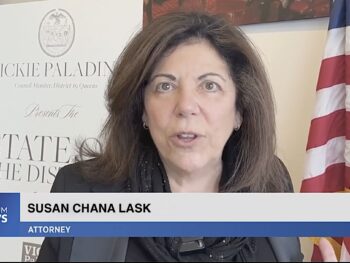
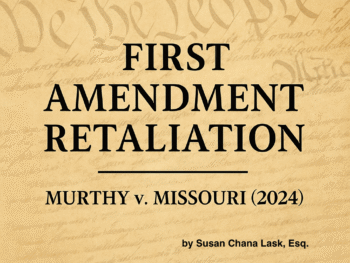
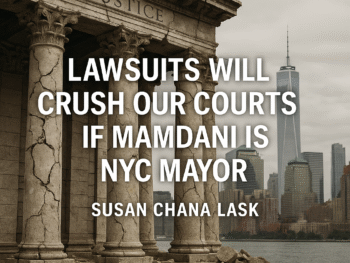
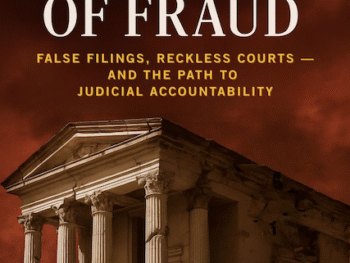
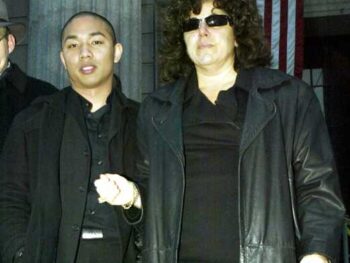




 COURTHOUSE NEWS: LASK APPEALS BIAS SUIT IN SECOND CIRCUIT
COURTHOUSE NEWS: LASK APPEALS BIAS SUIT IN SECOND CIRCUIT